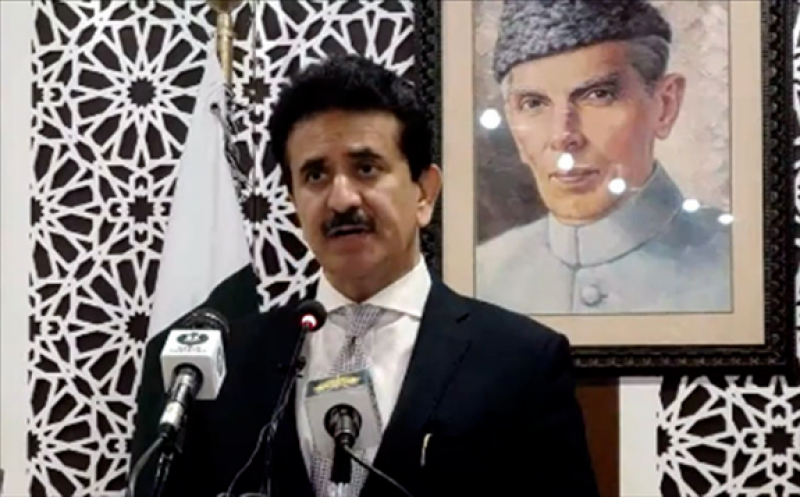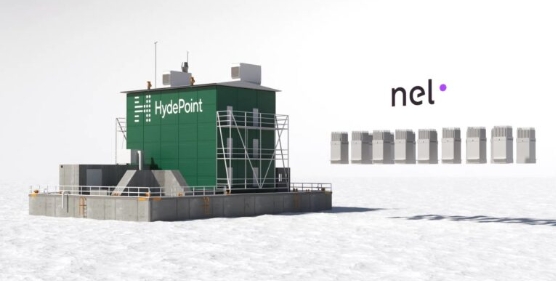Pakistan on Saturday expressed serious concern over illegal possession of a large quantity of uranium by two unauthorised persons in India and pointed to gaps in state control mechanisms there.

“We have noted with serious concern the reports about seizure of more than 7kg natural uranium from unauthorised persons in India,” Foreign Office Spokesman Zahid Hafeez Chaudhri said.
Indian authorities had on Wednesday seized 7.1kg of natural uranium and arrested two persons — Jigar Pandya, 27, and Abu Tahir Afzal Husain Choudhary, 31 — in Nagpur. The seized uranium is worth $2.9 million.
It is believed that the uranium had been stolen or illegally mined. It was reportedly unprocessed as it had not been refined and converted to “yellow cake”.
It isn’t clear to whom did the two men want to sell it. It is believed that it could have been channelled to the international black market.
The very fact that some people stole or illegally mined uranium raises concerns about nuclear safety and security in India. It also indicates the possibility of a nuclear market existing in India that could be connected to international players.
“Security of nuclear materials should be the top priority for all countries,” Chaudhri said.
“There is a need for thorough investigation of the matter as to how such sizeable quantity of uranium could become available outside any state control and identify the gaps which made this possible,” he added.
Pakistan did not raise the matter with the International Atomic Energy Agency (IAEA), the United Nations’ nuclear watchdog, because it has been the government’s policy that security of nuclear material is a national responsibility.
However, India should report this incident to the IAEA’s Incident and Tracking Data Base mechanism as the uranium could have been trafficked to non-state or state actors or handed over to other rackets.
India’s nuclear safety and security record is not very impressive. Lax state control, as indicated by the latest seizure of uranium, shows that India still has to go a long way before becoming a responsible nuclear power and be accepted as a member of the Nuclear Supplier Group, a nuclear expert said.
According to an Indian parliamentary report, 147 mishaps or security-related occurrences were reported in Indian atomic energy plants between 1995 and 1998. Out of these instances, 28 were of acute nature and nine of these occurred in nuclear power installations.
More worrying, the expert noted, is the fact that nuclear arsenal is in the hands of an irresponsible extremist government. India has been a customer in nuclear black market, he said, adding the Indian state must regulate nuclear material or else could be considered complicit in their trafficking.
Soon after the news about the seizure broke, some quarters began expressing apprehensions that it could have landed in the hands of Hindu extremists, who could have used it for making dirty bombs.
However, this is far from the truth. Natural uranium is not useful for making dirty bombs. For that cobalt 60 etc. are far more lethal. Seven kilograms of natural uranium contains about 0.049kg of U235, which is the bomb material, provided someone could subject it to an enrichment process, a challenge in itself, according to nuclear experts.







